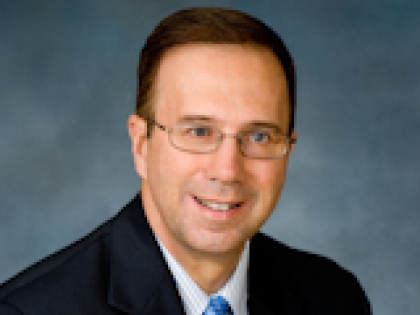
Senator Griffo's Weekly Column #11: Combating Heroin Abuse
Joseph A. Griffo
March 13, 2014
Heroin is our newest epidemic. It’s readily available and costs less than other street drugs, which has contributed to its meteoric rise in popularity over the past year.
Heroin does not discriminate. It makes addicts out of the young and old, the rich and the poor, the unemployed and the employed.
Heroin abuse is not just a drug addict’s problem. It’s a community problem. Heroin use creates “spinoff crimes.” Addicts are shoplifting, stealing and burglarizing homes to pay for their high, which decreases everyone’s quality of life.
Law enforcement and addiction specialists are doing all they can, but it appears more and more addicts are turning to heroin each day. We need to find better solutions.
I recently joined the Task Force on Heroin and Opioid Addiction to hear from experts in policing and drug treatment. I want to know how we can help them through legislative means.
Lawmakers and stakeholders worked together to create I-STOP, which armed pharmacists and prescribers with real-time information. Our target was “doctor shoppers” who get prescriptions from multiple practitioners simultaneously. The bill also required all controlled substances to be electronically transmitted to reduce fraud and theft of scripts, and more tightly regulated hydrocodone. That painkiller is one of the most abused prescriptions out there.
The legislation has been a tremendous success in curbing prescription abuse, but it’s created an unintended consequence. Addiction specialists have seen more cases of heroin abuse among people who once had a legitimate painkiller prescription. The I-STOP program has stopped many of them from illegally attaining additional painkillers from pharmacies, so they’ve turned to the streets.
We need to solve this dilemma: How do we allow people to continue receiving opiates for legitimate medical reasons, but stop them from becoming addicts? The solution, I think, will be a combination of approaches: Education and early intervention, drug treatment and alternatives to incarceration and tougher sentencing laws.
I look forward to working with my colleagues and getting input from stakeholders so we can help decrease recidivism, get help for those who will use it, and prevent drug dealers from getting comfortable in our area.
Share this Article or Press Release
Newsroom
Go to NewsroomGriffo statement on governor’s conceptual budget agreement
April 28, 2023